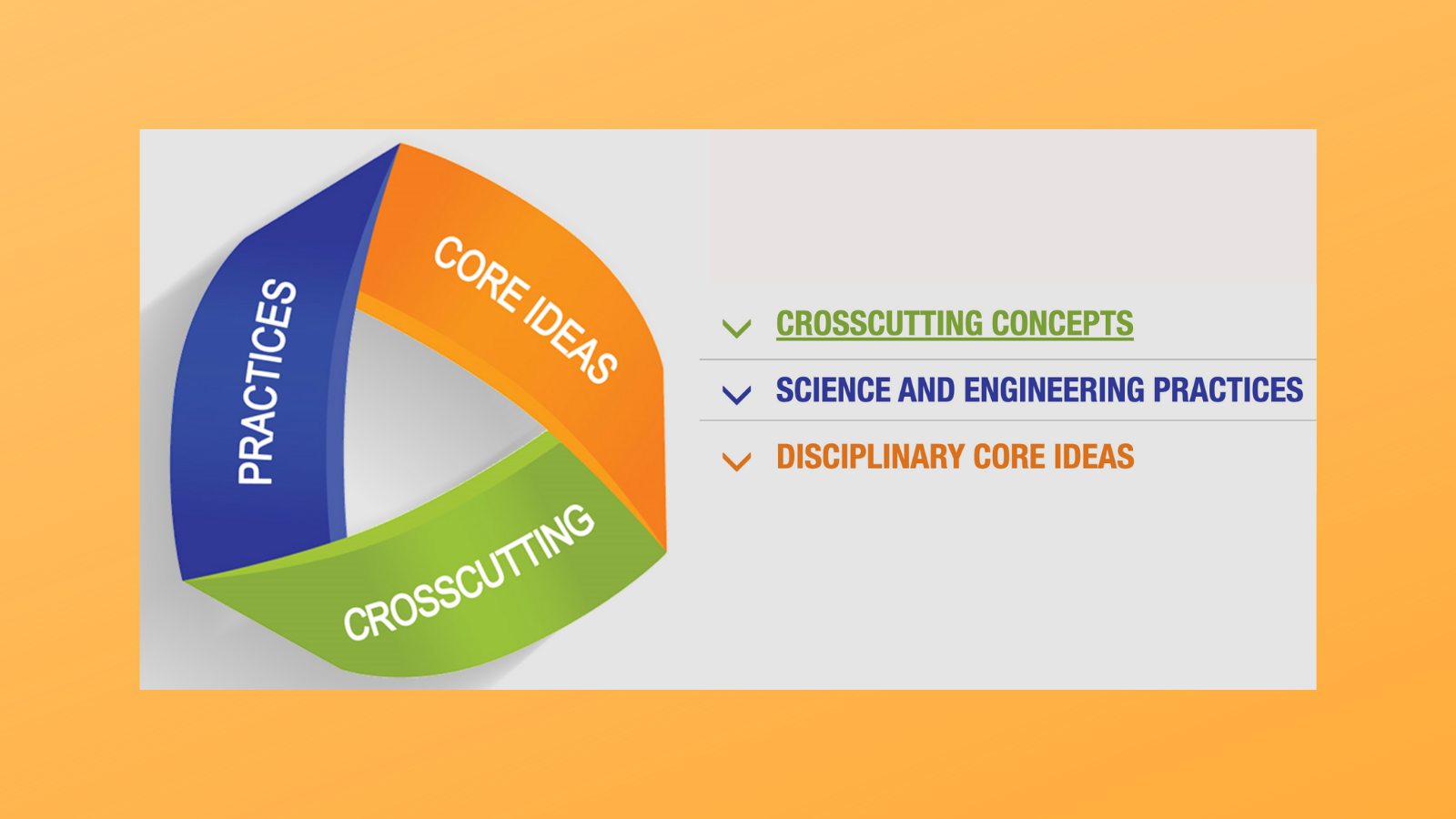The significant shortage of workers in STEM careers is partially due to ineffective instructional practice. Among these, the value of educational assessment practice has been increasingly questioned to the point that assessments are perceived as negative, not informative, and may even be detrimental to students.
"Supporting Instructional Decision Making: The Potential of Automatically Scored Three-dimensional Assessment" (PASTA) will develop tools to examine how science teachers use automatically scored three-dimensional science assessment tasks and create supports for effective instruction when they use 3D assessment tasks, aligning with the vision of the Next Generation Science Standards.
The assessments target three-dimensional (3D) science learning by requiring students to integrate scientific practices, crosscutting concepts, and disciplinary core ideas to make sense of phenomena or solve complex problems. Led by collaborators from the University of Georgia, Michigan State University, the University of Illinois at Chicago, and WestEd, the project team will develop computer scoring algorithms, a suite of automatically generated student reports (AutoRs), and an array of pedagogical content knowledge supports (PCKSs). These products will assist middle school science teachers in attending to 3D assessments, making informative instructional moves, and eventually improving students’ 3D learning. The project will generate knowledge about teachers’ uses of 3D assessments and actualize the potential of automatically scored 3D assessments. As this project will involve teachers whose classrooms include diverse student populations, the collaborative team stands to further contribute by examining how automated reports can be designed to support equitable assessment practices.
CREATE for STEM is delighted to be a part of this new research, generously funded by the National Science Foundation. Watch for project updates in the future!



